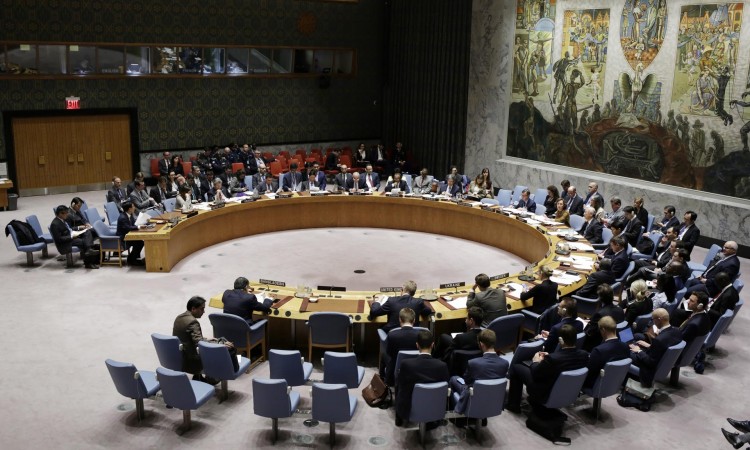Members of the UN Security Council sent a clear message yesterday that they will not support any action that undermines the Dayton Peace Agreement and PIC decisions.
Ambassador Richard Mills Deputy U.S. Permanent Representative to the United Nations stated that the U.S. expressed support for the PIC’s appointment of Christian Schmidt as the next High Representative of B&H.
-The United States welcomes the Peace Implementation Committee Steering Board’s appointment of Christian Schmidt. However, the United States, along with our partners on this Council, will not support a text that undermines the Dayton Peace Agreement and decisions made by the Peace Implementation Council Steering Board, and therefore we abstained on this draft resolution- said Mills yesterday at the UN Security Council.
Christian Schmidt was appointed by the Steering Board on May 27 as the new High Representative. All Steering Board Members except Russia agreed to Mr. Schmidt’s appointment. Steering Board decisions do not require unanimity.
On June 3, High Representative Inzko informed the Secretary-General Guterres of this appointment, and a letter was sent to the President of the Security Council. Mr. Schmidt will assume his position on August 1.
There is no determinative role for the Secretary-General or the UN Security Council in the appointment process, and no requirement that the Council take action to confirm Mr. Schmidt’s designation. Security Council and support from the Security Council has never been required to designate a High Representative.
Mills said that the international community concurs on the long-term objective to close the Office of the High Representative.
-The conditions for closing the Office were clearly laid out in 2008 in the 5+2 Agenda with support of the whole Peace Implementation Council Steering Board, including Russia. These conditions have not yet been achieved- he reminded.
As expressed by many Security Council members, once again, in the meeting on May 4 in support of the 5+2 Agenda, urgent reforms for a stable Bosnia and Herzegovina are still needed and nationalistic rhetoric continues to divide the country, prohibiting real progress on reforms.
